Hospitals function sans essential facilities
Despite receiving a sizeable budget, district healthcare centres lack medical services, critical staff
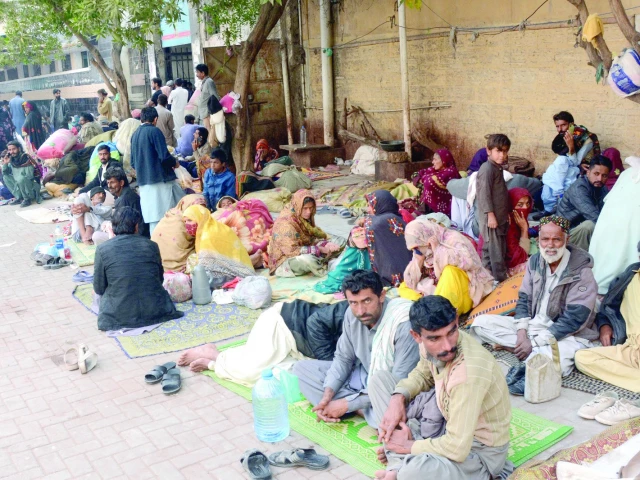
Even after 70 years, the basic infrastructure of primary and secondary hospitals in Sindh is still underdeveloped. While hundreds of staff posts remain vacant in some district hospitals, trauma centers for treating accident victims have not been established in many others.
In 2000, a notification was issued for affiliating four district hospitals with the Dow Medical College to grant them teaching hospital status. However, this notification has never been implemented. The plan stated that Dow's faculty would visit district hospitals to provide medical services to patients. Granting teaching status would have ensured services from senior professors, but this never materialized.
As a result, district hospitals still only carry out routine tests and basic treatments despite receiving an annual medicines budget from the Sindh government. These hospitals lack MRI, CT scan, PET-T, colour Doppler, and other diagnostic procedures, forcing patients to turn to the Civil Hospital and Jinnah Postgraduate Medical Centre (JPMC), where patient load is already overwhelming. Civil Hospital's OPD receives 5,000 to 6,000 patients daily while Jinnah Hospital reports similar numbers.
District hospitals in Karachi currently include the Sindh Government New Karachi Hospital, Liaquatabad Hospital, Korangi Hospital, Saudabad Hospital, and Ibrahim Hyderi Hospital. Health centers and maternity homes in other districts and rural areas of Karachi also lack these essential facilities. This shortage not only delays timely diagnosis but also contributes to the heavy patient load on major government hospitals.
Muhammad Aslam, a resident of New Karachi, revealed that he visited the Sindh Government New Karachi Hospital for severe back pain. After examination, the doctor advised an MRI, but the facility was unavailable and a private facility demanded Rs20,000 for the scan. When he went to Jinnah Hospital, he was given an appointment for the next month. Due to worsening pain, he borrowed money and got the MRI privately. "No government hospital in Karachi performs spinal cord surgery due to the absence of spine surgeons," complained Aslam.
Similarly, Aliya from Malir revealed that her elder sister was suffering from uterine cancer. She took her to the Sindh Government Saudabad Hospital, where the lady doctor recommended an MRI and a biopsy. Since the Korangi Hospital lacked MRI and biopsy facilities and private hospitals were too expensive, she contacted a charity organization that arranged the tests. "Despite the Sindh government allocating millions for healthcare, facilities remain inadequate. What is the point of these hospitals if poor patients cannot receive treatment?" she questioned.
Dr Agha Amir, Medical Superintendent (MS) of the Sindh Government Saudabad Hospital, revealed that although the hospital has 180 beds and a medicine budget of over Rs160 million, it lacks MRI and CT scan services since it is categorized as a secondary hospital. "A trauma center and psychiatric unit were announced, and machinery worth millions was purchased four years ago, but it has not yet been utilized. Malir district's population is 2.4 million, and patients needing CT or MRI are referred to the Jinnah or Civil hospitals," said Dr Amir.
Dr Ali Murtaza, MS of Sindh Government New Karachi Hospital, claimed that the 200-bed hospital lacked CT scan and MRI facilities, and complex cases were referred to the Civil and Jinnah hospitals despite over Rs120 million allocated for medicines. Dr Ateeq Qureshi, MS of Liaquatabad Hospital, informed that their CT scan had been out of order for five years, and a 2004 trauma center building remained unused due to lack of staff approval. Likewise, at the Korangi Hospital, the CT scan breaks down 20 days a month, forcing patients to wait weeks for appointments.




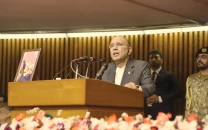

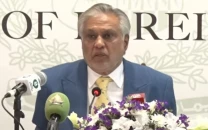







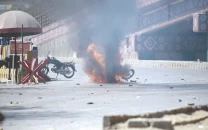
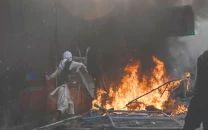






COMMENTS
Comments are moderated and generally will be posted if they are on-topic and not abusive.
For more information, please see our Comments FAQ